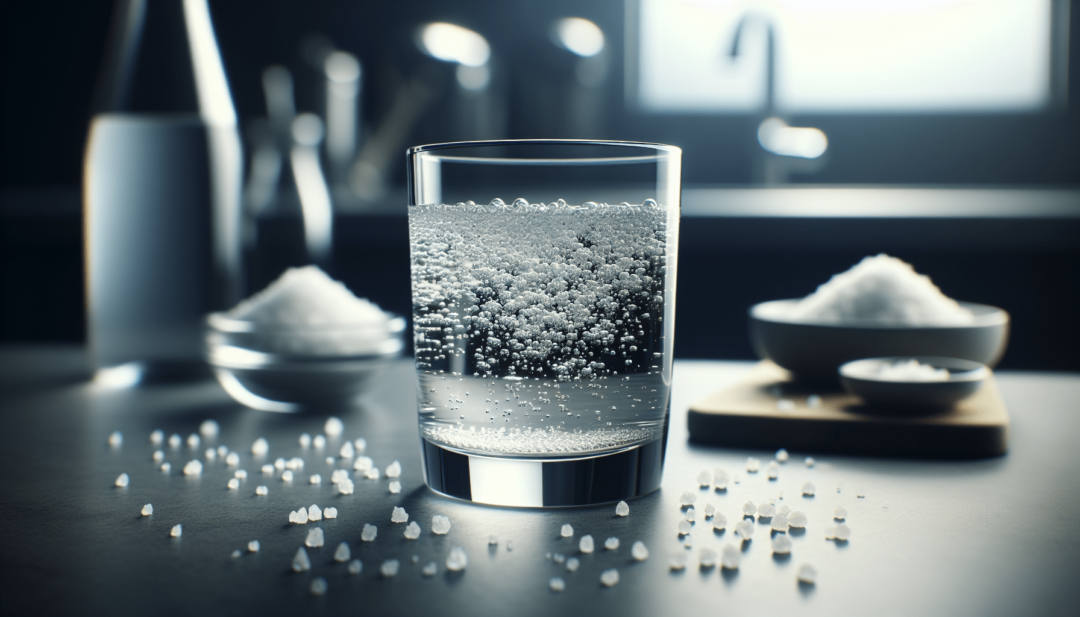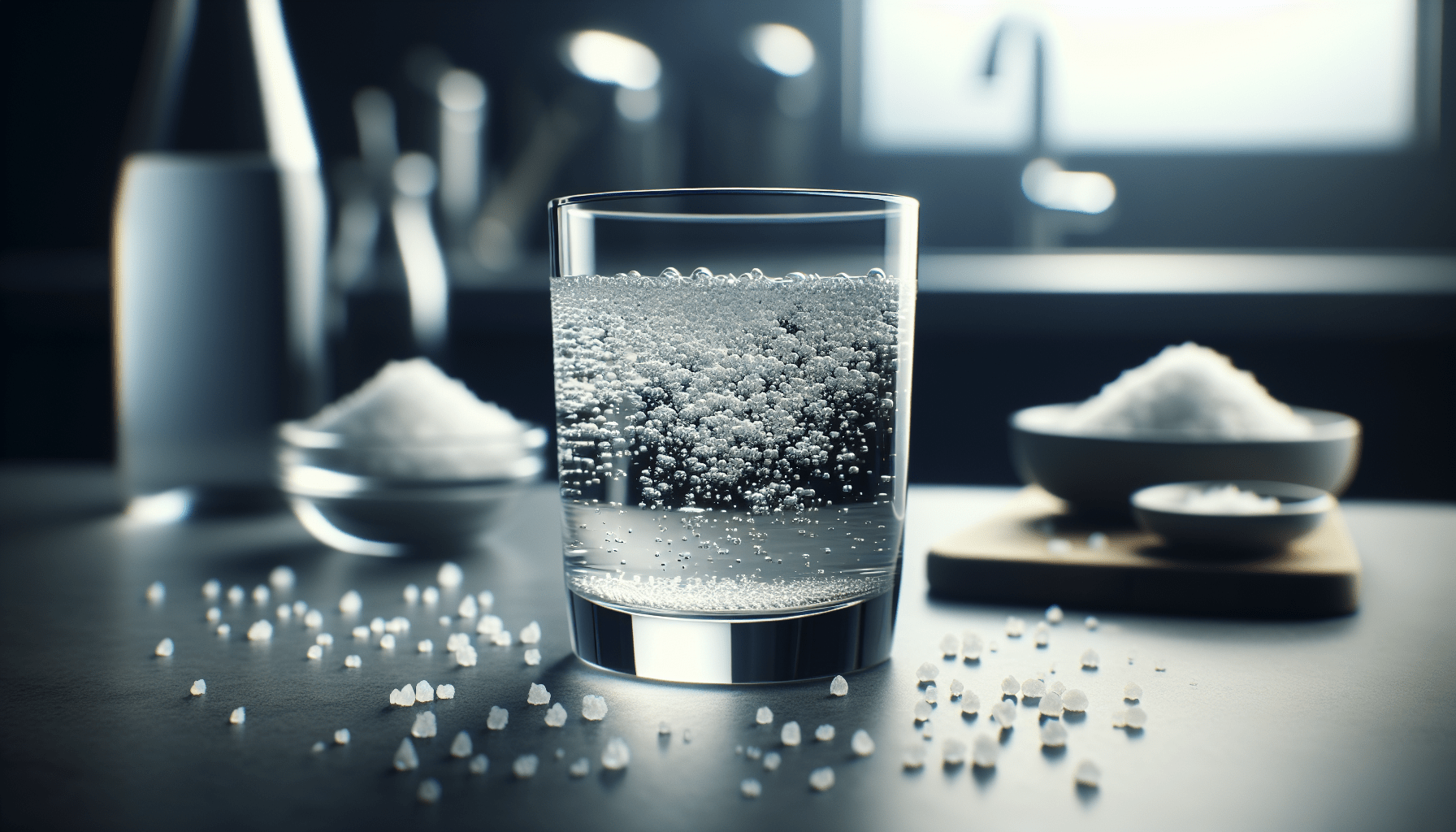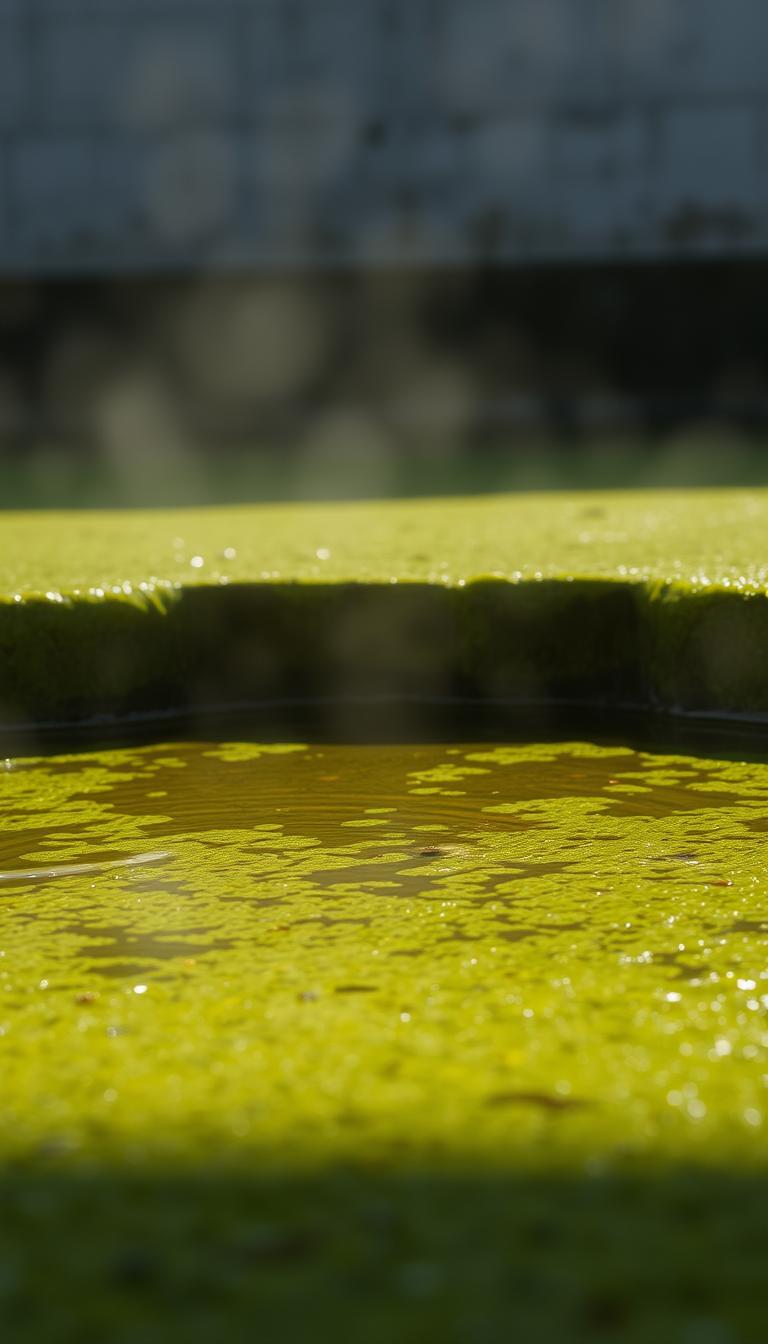Tap Water Tastes Salty? Know the Causes
Have you ever turned on your tap, poured a refreshing glass of water, only to take a sip and realize it tastes unexpectedly salty? This experience can be surprising and leave you questioning what factors might be affecting the taste of your domestic water supply. Understanding why tap water might have a salty taste is essential for addressing the issue and ensuring the quality of the water you drink.
Understanding Tap Water and Its Sources
Tap water comes from various sources, including rivers, lakes, streams, and groundwater. These sources are treated and purified to ensure the water is safe for human consumption. However, the journey from the source to your faucet involves several processes that can sometimes introduce or fail to remove certain elements, which might contribute to an unusual taste.
Common Sources of Tap Water
Most people receive their tap water either from surface water supplies like lakes and rivers or from underground aquifers. Each source has its own set of characteristics influenced by natural and environmental factors. Let’s break them down:
Surface Water: This includes water from rivers, lakes, and reservoirs. Surface water is subject to contamination from agricultural runoff, industrial discharge, and urban wastewater.
Groundwater: Sourced from aquifers, this water often contains dissolved minerals picked up as it flows through rock formations. These minerals can influence the water’s taste and chemical composition.
Table: Comparison of Surface Water and Groundwater
| Characteristic | Surface Water | Groundwater |
|---|---|---|
| Source | Rivers, lakes | Aquifers |
| Contaminants | Runoff, discharge | Mineral content |
| Treatment | Filtration, chemicals | Filtration, ion exchange |
Why Does Your Tap Water Taste Salty?
A salty taste in your tap water might be attributed to several reasons. It’s not just about the salt but various factors that influence this taste. Identifying the underlying causes can help you understand if it’s a temporary issue or one that requires more serious attention.
High Mineral Content
One of the most common causes of salty-tasting water is high levels of minerals, particularly sodium and magnesium, which are more prevalent in groundwater. When water passes through mineral-rich areas, it dissolves these elements, which can then influence taste.
How Does This Happen?
As water percolates through soil and rock layers, it picks up minerals along the way. Areas with limestone or gypsum deposits, for example, are known for their hard water. Hard water isn’t harmful, but the increased concentration of minerals like calcium or sodium might result in a saline flavor.
Treatment Chemicals
Municipal water systems might add chemicals like chlorine and, in some cases, sodium or potassium compounds for disinfection and to control scaling or corrosion in pipes. These additives can sometimes contribute to a saltier taste.
Are These Additives Safe?
These chemicals are typically added in safe quantities regulated by health agencies to ensure water safety. However, individual sensitivity to these chemicals or equipment malfunction in processing facilities might occasionally lead to noticeable taste changes.
Environmental Impacts
Droughts or environmental changes can sometimes lead to higher concentrations of salts in natural water sources. When water levels drop, the concentration of dissolved solids, including salts, can increase, affecting taste.
Impact of Climate Change
Global climate shifts might alter precipitation patterns and increase the frequency of droughts, potentially making salty-tasting water a growing concern for many communities worldwide.
Human Activities
Agricultural activities and road de-icing are significant sources of salt intrusion into water supplies. Salt applied on roads to melt ice during winter can seep into water supplies, and irrigation practices in agriculture can increase salt levels in the water table.
Managing Runoff
Proper management of runoff through controlled drainage systems and using alternatives to salt for de-icing can help mitigate these effects.

Assessing the Safety of Salty Tap Water
You’re likely wondering if it’s safe to drink salty tap water. While occasional variations in taste are not uncommon, understanding when it becomes a health concern is crucial.
Health Implications of Salty Water
For most healthy adults, a slightly salty taste in water is more of an aesthetic concern than a health risk. However, certain populations, like those with hypertension or restrictive sodium diets, might need to be more cautious.
Sodium Levels and Health
An excess of sodium in drinking water can contribute to elevated sodium intake, potentially impacting blood pressure. If you’re concerned about sodium levels, a water quality test can provide specific insights into the composition of your local water supply.
Conducting a Water Quality Test
Testing your water can help you determine whether it’s the water’s salt content or other reasons that are affecting its taste. You can usually purchase home testing kits that measure mineral content, or contact local water authorities for detailed analyses.
What Tests Can Show
Water quality tests can reveal levels of various minerals and chemicals, providing a clear picture of what’s in your water. This data can then be used to make informed decisions about treatment or filtration options.
Solutions for Improving Water Taste
If the salty taste of your tap water is bothersome, there are several approaches you can take to improve its flavor.
Installing a Water Softener
Water softeners can effectively reduce the concentration of calcium and magnesium in hard water, which might alleviate the saltiness.
How Water Softeners Work
They operate on an ion-exchange principle, swapping hard minerals for softer ones like sodium or potassium. This process improves taste but might not be ideal for individuals watching sodium intake.
Using a Reverse Osmosis Filter
Reverse osmosis (RO) systems are highly effective at removing dissolved salts and other impurities, improving both safety and taste.
Benefits of RO Systems
RO systems force water through a semi-permeable membrane, removing up to 99% of dissolved salts and improving overall water quality significantly.
Alternative Filtration Methods
Other filtration options, such as activated carbon filters, can improve taste and remove certain chemicals, though they may not be as effective on dissolved salts.
Choosing the Right Filter
Selecting the best filter depends on your specific needs, water quality, and budget. Consulting with a water treatment specialist can aid in finding the optimal solution.
When to Contact Your Water Supplier
If you notice persistent changes in your tap water’s taste, it might be time to reach out to your local water supplier.
Reporting Issues
Providing detailed reports about taste changes can help suppliers investigate potential issues with water treatment processes or source contamination.
What Can Water Suppliers Do?
Water providers can conduct their own tests to identify sources of contamination or imbalances in treatment processes, working towards ensuring the water remains safe for consumption.
Conclusion
Addressing why your tap water tastes salty can seem complex, but with a better understanding of the potential causes and solutions, ensuring the quality of your water is achievable. Whether it’s through utilizing home filtration systems or collaborating with municipal water services, you have options to ensure your drinking water is not just safe but enjoyable. Remember, water is an essential part of life, and every sip should contribute to your health and well-being.







